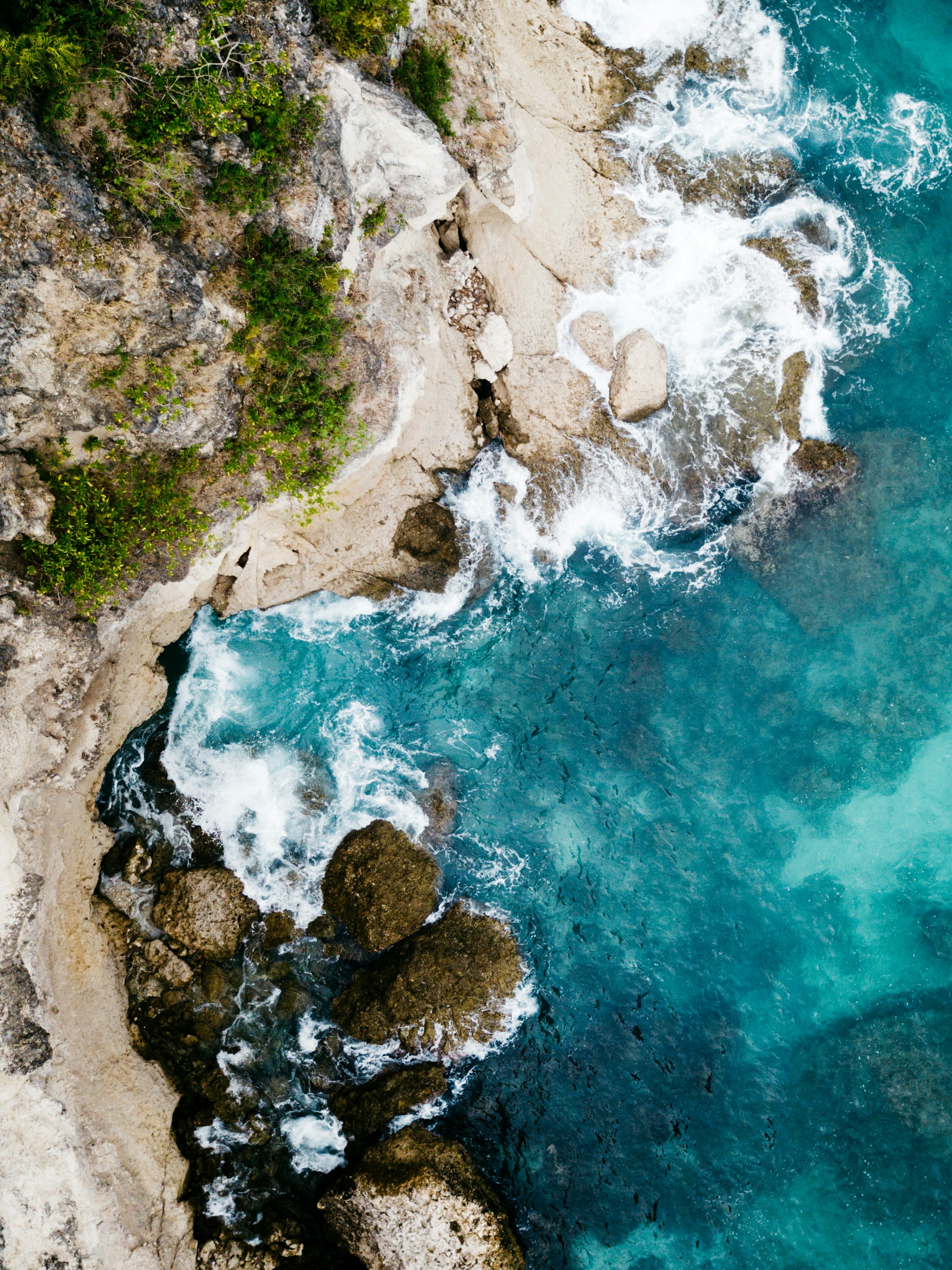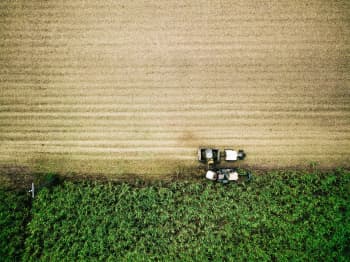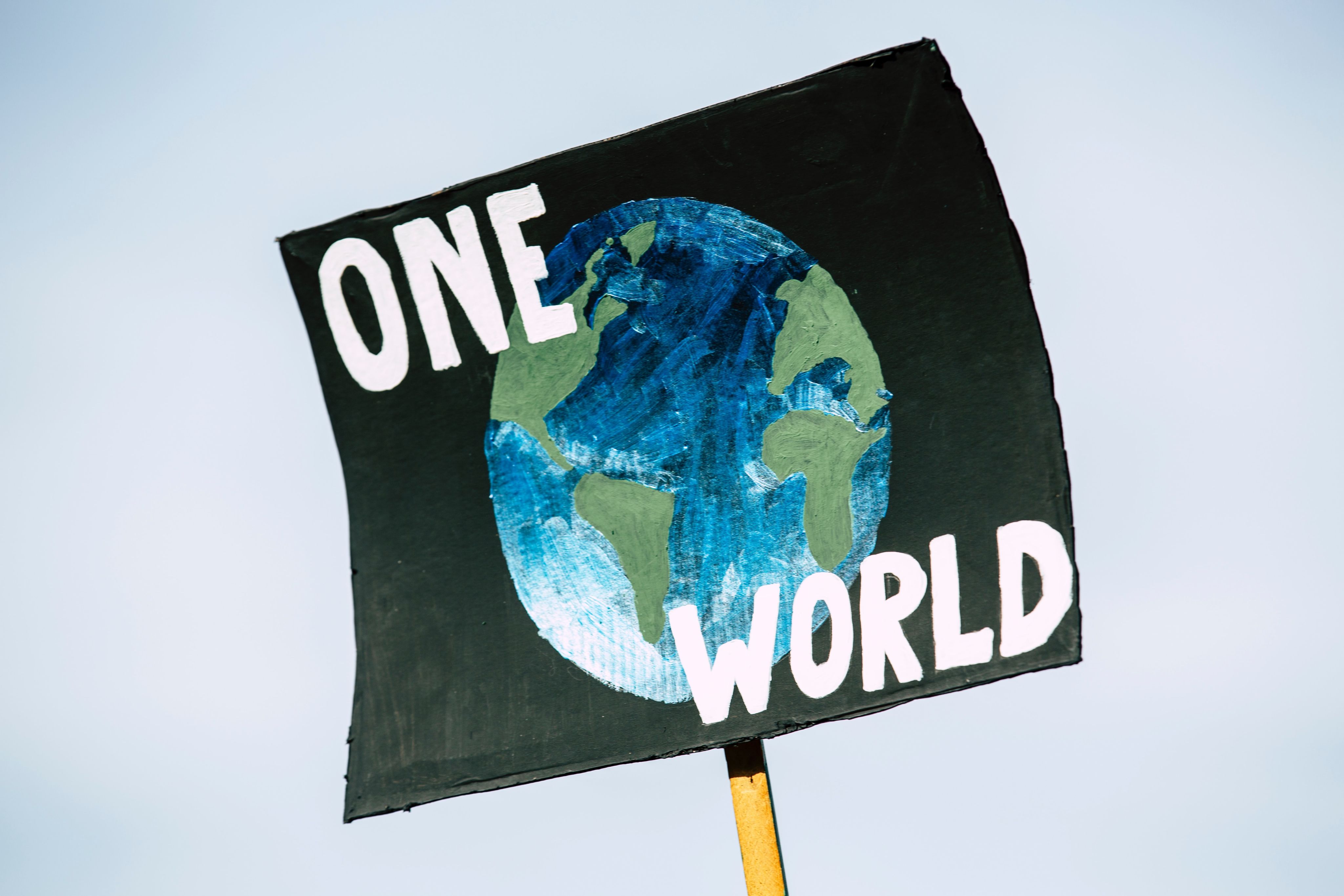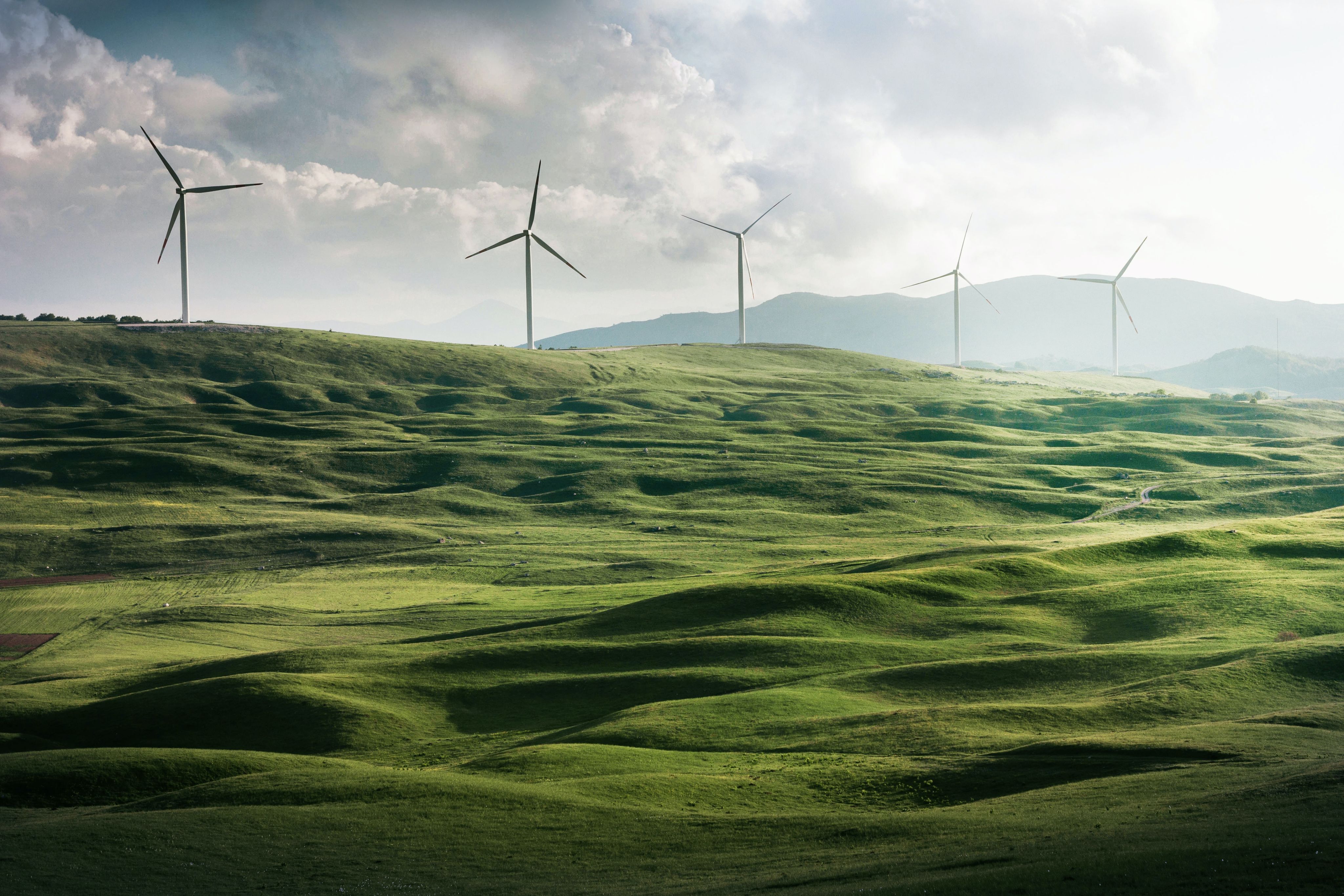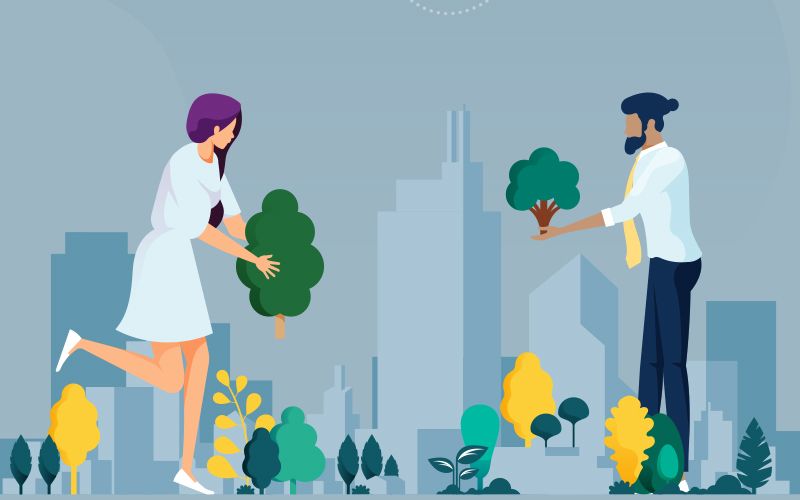Creating a toolbox to support climate resilience and adaptation
UCL researchers are leading a global initiative to strengthen disaster governance and sustainability in communities facing climate-related risks
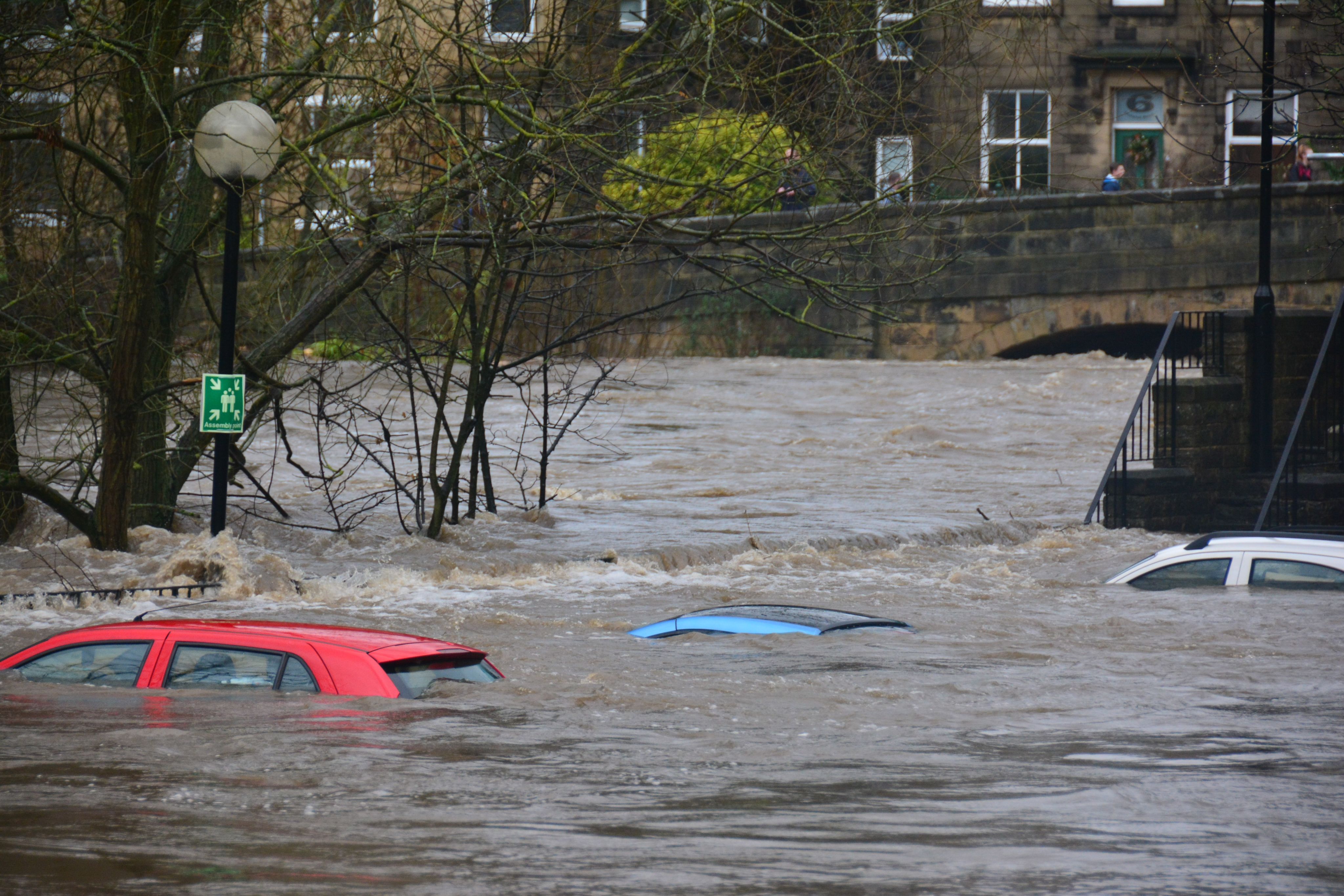
Natural disasters, intensified by climate change, have tripled in frequency over the past two decades, displacing millions. Vulnerable populations, especially in small island states and coastal regions, bear the greatest burden, suffering disproportionate losses despite contributing just 2.2% of global GDP.
By 2030, climate-related disasters are projected to affect 325 million people, with annual economic costs soaring from an average of $117.8 billion to $224.2 billion in 2021 alone. To address this urgent crisis, UCL is leading the Re-Energize Disaster Risk Reduction and Resilience (DR3) project, a global collaboration focused on preventing or mitigating the impacts of disasters on communities, economies, and ecosystems. The DR3 project aims to enhance preparedness, strengthen infrastructure, improve early warning systems, and build resilience. By developing capacities and resources, it helps communities recover more effectively after disasters, minimising disruptions to livelihoods, infrastructure, and ecosystems while safeguarding the needs of future generations.
The interdisciplinary DR3 team brings together experts from 11 universities across seven countries, collaborating with 26 global organisations and government agencies in islands and coastal regions. This diverse group includes specialists in social sciences, computer science, environmental law, politics, finance, engineering, and climate studies, fostering a holistic approach to addressing complex challenges.
Bridging the gap between global goals and localised disasters
The research directly supports multiple Sustainable Development Goals (SDGs), including:
- SDG 13 (Climate Action): Tackling the growing challenges of floods and coastal disasters exacerbated by climate variability, with a focus on adaptive and proactive strategies.
- SDG 11 (Sustainable Cities and Communities): Strengthening resilience and reducing vulnerabilities in coastal regions to foster safer and more sustainable urban and community environments.
- SDG 14 (Life Below Water): Protecting coastal ecosystems and addressing the risks that climate change and disasters pose to marine biodiversity and the livelihoods of coastal communities.
However, the impacts of extreme weather events are defined by the places, communities and infrastructure they affect.
While every vulnerable community shares the common objectives outlined by Sendai Framework and the UN SDGs, translating these objectives into actionable policy to meet the needs of different locations is a massive challenge.
Too often, planning is overwhelmed by a multitude of competing priorities, including infrastructure development, education, or health. Scarcity of essential resources and investment often leaves decision-makers facing difficult decisions that risk leaving communities exposed and underprepared.
To overcome these obstacles, Professor Catalina Spataru from UCL’s Energy Institute is leading the development of the Re-Energize DR3 toolbox in collaboration with stakeholders from 15 island states, coastal cities, and five research agencies. By connecting decision-makers, facilitating knowledge exchange, and building resilience capacity, DR3 fosters collaboration between academia, communities, and policymakers—delivering solutions and best practices tailored to the unique needs of vulnerable regions.
Photo by Hermansyah on Unsplash
Photo by Hermansyah on Unsplash
The power of collaboration
"The toolbox takes a truly unique interdisciplinary approach to adaptive governance for disaster risk reduction and resilience" explains Professor Catalina Spataru.
"We bring together diverse perspectives, involving stakeholders at all levels, to create a flexible framework that works across different regions. By combining data analysis, hands-on engagement with communities, and insights from various fields, we aim to develop practical and adaptable solutions tailored to local needs."
By assessing risks across energy, water, food, and land systems, the toolbox helps policymakers strengthen disaster planning at all levels. Its innovative framework accounts for shifting resources and priorities, using a “multi-stakeholder story of change” to map vulnerabilities, resources, and environmental justice concerns.
DR3 also addresses gaps in vulnerability assessments by promoting regional customisation and better collaboration. This ensures disaster planning is inclusive, effective, and equitable, focusing on the needs of the most at-risk populations.
A mix of methods to build resilience
The toolbox combines data models, indicators, and guidelines to address climate disaster challenges and create adaptive, resilient solutions. Designed to support decision-makers, it combines quantitative analysis with local stakeholder input, empowering communities, governments, and organisations to build expertise and implement strategies independently.
The toolbox consists of four key components:
- Stakeholder Engagement & Analysis: This component includes systematic stakeholder selection, surveys, workshops with decision-makers, and focus groups with communities to gather valuable input.
- Balanced Scorecard: This tool helps decision-makers consider 455 indicators across areas like finance, resources, and social impacts, enabling them to create more comprehensive policies.
- Scenario Modeling: By simulating different strategies and their trade-offs, this component helps decision-makers understand the potential long-term effects of various actions. For example, in places like Mauritius, flooding impacts both agriculture and energy production from sugarcane waste.
- Behavioural & Communication Insights: Using machine learning and natural language processing (NLP), this component analyses social media data alongside weather reports. It helps identify gaps in disaster communication and spot local strategies that could be implemented elsewhere, while real-time data verification from satellites and social media enhances early warning systems.
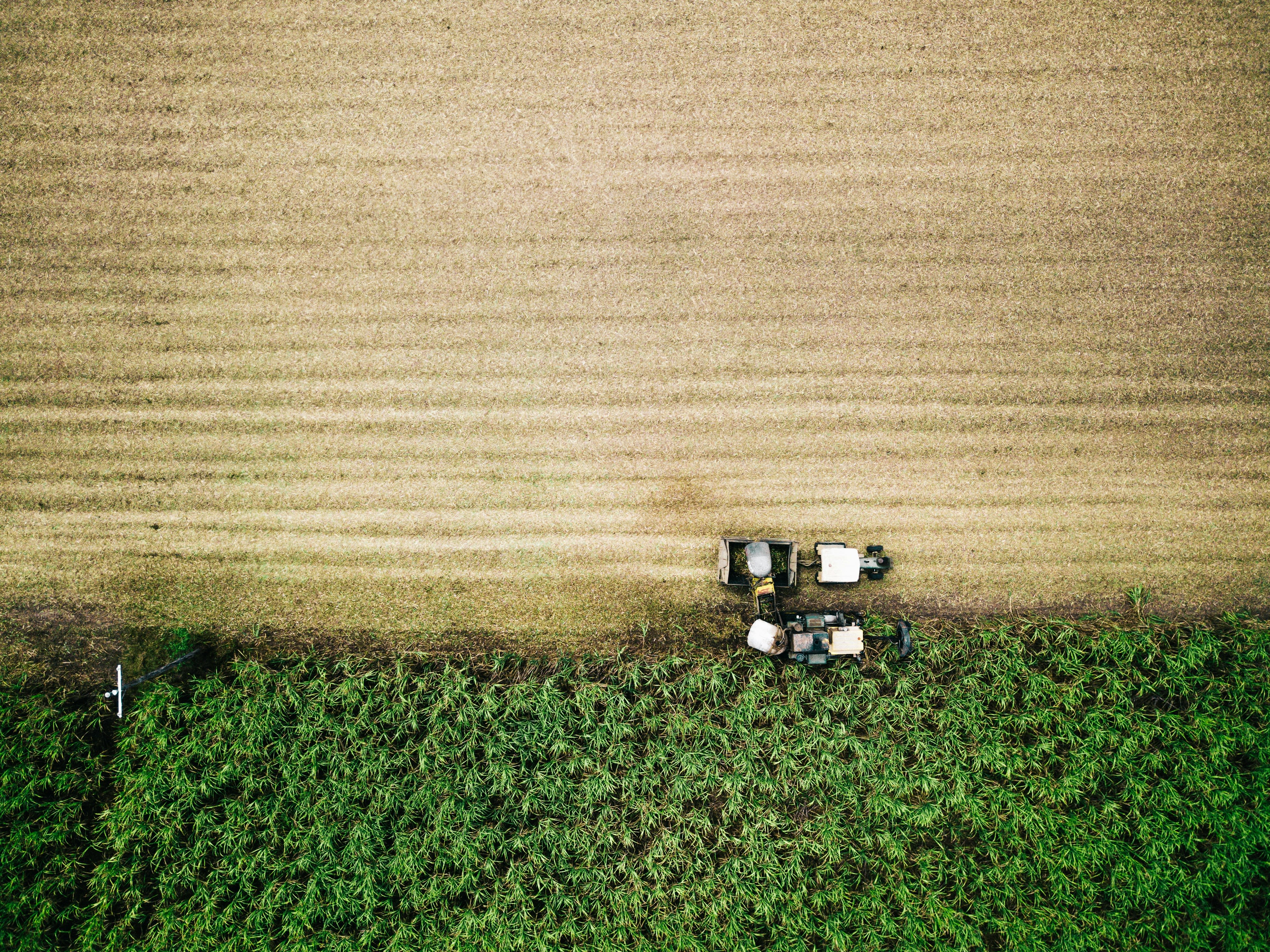
Harnessing experience through co-design
To gain a better understanding of the unique and complex challenges of each location and to create adaptable tools, the toolbox was co-designed with a broad pool of stakeholders.
These included government representatives and aid organisations from coastal cities (Accra in Ghana, Fiji, Rio de Janeiro and Maceió in Brazil) as well as islands (such as Belize, Cuba, Dominican Republic, Fiji, Indonesia, Jamaica, Mauritius, Papua New Guinea, Philippines, Saint Lucia, Saint Vincent and Grenadines, Samoa Sri Lanka).
Each component of the toolbox was validated by stakeholders during a series of workshops. The validation process delivered some unexpected results.
“We asked stakeholders about whether energy, water, land or food would be their priority resource.... for many, their perspective and experiences led them to conclude that water is the priority.”
Professor Catalina Spataru, Director of UCL Energy Institute
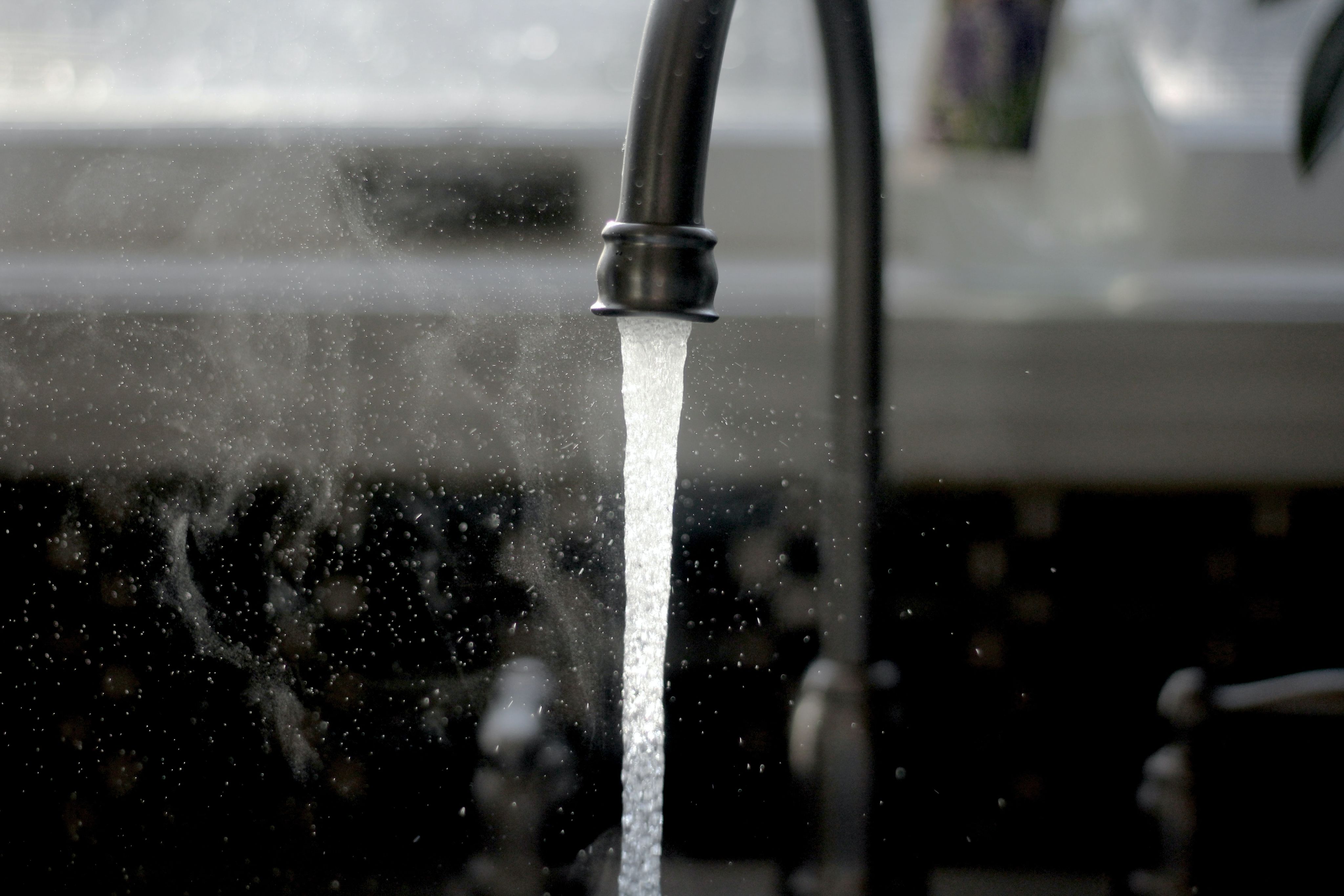
Protecting the most Vulnerable
The DR3 toolbox also incorporates "justice dimensions," allowing researchers and decision-makers to address the increased vulnerability of communities limited by socio-economic factors such as ethnicity, class, gender, and age. In resource-scarce situations, these dimensions help assess the broader impacts of different actions.
For example, investing in education and training for green jobs has been shown to drive growth in green sectors and economic diversification. A justice-based perspective ensures that these opportunities and economic benefits are equitably distributed across communities, providing policymakers with additional ways to build resilience where it's needed most.
Photo by Markus Spiske on Unsplash
Photo by Markus Spiske on Unsplash
An urgently needed solution
The Re-Energize DR3 team will continue delivering training with partners and government officials in vulnerable regions. For many stakeholders in these areas, these tools can’t come soon enough. As Catalina says:
“Our engagement with stakeholders in the Global South confirms the urgent need for integrated tools to better understand the implications of governance changes in disaster risk reduction.”
“It is the systems of institutions, mechanisms, policies, and legal frameworks that are crucial in guiding and overseeing disaster risk reduction. These systems must embody transparency, inclusivity, and collective action to support adaptation and mitigate risks.”
Stakeholders are quickly recognising the value of this work. Davi Rossiter, Executive VP at the Institute for Research and Urban Planning in Maceió, Brazil, adds:
“Participating in the DR3 toolbox validation not only fosters academia-public sector collaboration, but also sparks crucial discussions on disaster governance and unites municipal departments for practical approaches to resilience and adaptation.”
About the author
Professor Catalina Spataru
Professor in Global Energy and Resources and Director of UCL Energy Institute, The Bartlett School of Environment, Energy and Resources
Catalina is also the Founder and the Head of Islands and Coastal Research (ICR) Lab, a unique initiative that aims to assess sustainable solutions for climate change adaptation for islands and coastal areas.
Her research focuses on the intersection of climate actions and sustainable transitions across policy and practice, with a focus on the energy resource nexus, including energy decarbonisation, climate resilience and adaptation, and innovative blue/green economic models. She also explores the interconnectedness of energy, water, land, materials, and the environment to drive sustainable solutions, particularly for islands and coastal areas.
Learn more about the global energy transition
The UCL Energy Institute offers world-leading undergraduate, Master's and PhD degrees that prepare our students for careers in energy demand, and energy economics and policy.
Story produced by All Things Words
© UCL The Bartlett 2024


